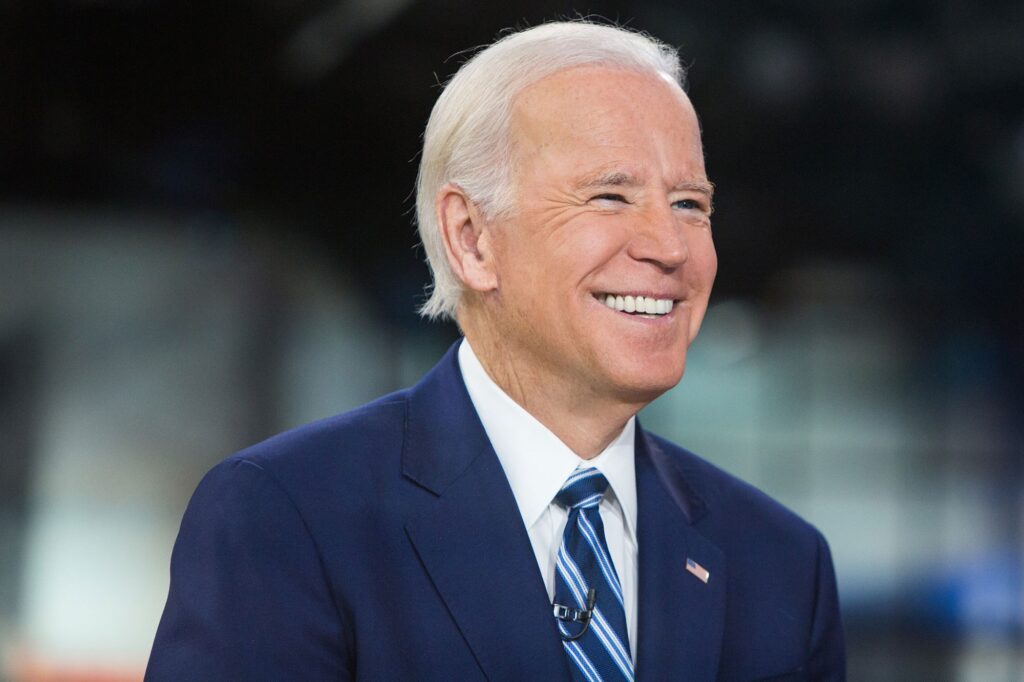In response to the responses she received to this post about poverty, school funding, and teacher pay in light of the realities laid bare by COVID-19, MNEA President Amanda Kail posted a follow-up.
Here’s what she has to say:
What a hard and heavy year. In the fierceness of all the rage and bitterness, I will do my part. I will apologize. If you are a parent, and you took my most recent post to be about blaming you, or blaming people living in poverty for anything, I am deeply sorry. That was not my intent at all. I was trying to say that asking underpaid public employees and underfunded public institutions to carry all the weight of our society’s problems without ever being willing to provide the funding is a terrible way to solve problems. But I don’t want to cause anyone pain. I have spent way too much time listening to my fellow educators break down, to my friends and family reeling with grief, to my fellow Americans spewing hatred and death threats to want to be a source of one more bit of pain or suffering. I am sorry. Period. And even though all the rage and sorrow this conversation provokes makes me want to scream, I’m going to choose not to. And I need you to do something. I need you to stop shouting and listen too because educators are in a whole lot of pain right now, and the shouting is only making it worse. Please. I am asking you to just listen to a few things.
1. All of the studies saying schools are safe have the caveat that schools can be safe under particular conditions, namely small class sizes and good ventilation and also controlled community spread. At MNPS you can find the first two only at our more affluent schools but not at many others, and obviously community spread is anything but controlled. That is why, and let me be clear because I think there has been a great deal of confusion about this, MNEA is calling for small class sizes, updated ventilation, and expanded paid sick leave for all employees (not raises) as a condition for being back in buildings.
2. The virus is not impacting everyone the same. If you don’t know a teacher or student who has lost over a dozen family members to Covid, you aren’t talking to the right people. And when you argue with teachers and tell them they are being hysterical and uninformed about not wanting to be back in buildings, you are touching that raw place of pain and loss and what teachers hear you say is “you and your family’s lives are expendable for our convenience”. I really, really, really need you to hear that. Regardless of what you mean, that is what we hear.
3. So maybe a better way to approach the argument is to say “I’m so sorry you have lost many people you love, that you are doing your best to care for an elderly parent, or a chronically ill child or spouse, that you are terrified that you are placing them or yourself or your pregnancy at risk by being in a school building while also trying to teach in very trying circumstances. How can we ensure we have safe schools for all, so that you won’t have to worry?” And here- I’m going to also say use caution, because the reality is you would have to come up with a great deal of funding very quickly, funding that has not been there for years. Teachers know this. That’s why we respond so skeptically to questions like that. We know the state of our schools. It’s not theoretical to us at all. It’s like saying, “what can we do to make you feel safe about getting into this leaky boat in the middle of a hurricane that under normal circumstances you have to spend as much time bailing as rowing to get anywhere?” So if you are going to ask teachers that, maybe a better way to say it is “We realize now that underfunding public schools has left you in a very precarious position and we are sorry. We have have learned from this and are now going to focus our energy on getting our schools fully funded as quickly as possible so you can actually have safe conditions.”
4. One of the main reasons classes are now online is that we don’t have enough adults available to keep kids safe. We have so many people out sick or in quarantine that we literally don’t have enough people to keep a building open. That will continue to be the case as community spread rages. Two things you can do to help with that, join the TN physicians at Protect My Care to demand Governor Lee issue a statewide mask mandate- https://protectmycare.org/covid-email/?ms=WebsiteMenu and sign up to be a substitute teacher. We have a huge shortage of substitutes. So if you truly believe school buildings are safe and we need to be in there, I am asking you walk the talk and help keep buildings open. Here is where you can apply- https://www.mnps.org/substitute-application-process
5. Kids who are attending in-person classes are more likely to have their learning disrupted than those who are online. Every time a kid quarantines, they are on their own academically for the duration of the quarantine. Also, because of there being so many people out, many teachers are reporting to us that they are having to just put all of the students in the gym in order to just monitor students. Not optimal learning conditions to say the least.
6. If we are going to require teachers to be back in buildings, we need expanded, paid sick leave. Teachers don’t get to choose whether they are in-person or not. They can apply for accommodations, but that doesn’t guarantee they can teach virtually. Often there aren’t enough virtual positions available. This has been particularly hard for teachers with serious health problems like cancer who have already had to use their FMLA (and so have burned the sick leave that is how they get paid during FMLA). Right now there are many such teachers who have had to either go back into buildings even though their doctor said not to, or who had to go back out on FMLA but are not getting paid at all. This has created a tremendous hardship on teachers who are already struggling with serious health problems. If all teachers were virtual, these are teachers who could teach no problem. Also, some teachers have had to quarantine several times and have burned up their federal Covid leave. Now if they actually test positive, they will have to use their sick days. Also, there are many school employees who don’t get paid sick leave at all, such as part time employees or substitutes.
7. Let’s move conversations about equity from theoretical to actual and do the work. MNEA has been reaching out to groups of parents that face the greatest challenges with online learning, starting with immigrant families. The thing I hear the most often is that it’s very difficult to keep up with what is happening, especially with language barriers, so communication and also that internet access is still a big problem. Instead of getting mad at a severely underfunded school district for not providing enough technology or internet access, we need to think seriously about how we can push for internet access to all parts of the city. We need to ask what tools do our schools need to better communicate in the 100s of languages, and also to parents whose lives are constantly disrupted by poverty resulting in disconnected phones and evictions. Also, many of the parents have to work in unsafe conditions in factories, construction sites, warehouses etc. They are also worried about bringing the virus home to their families. They do not want to place educators, their fellow workers, at risk and they wish others were fighting similarly to protect their health and safety. One thing we can all do is join groups like https://www.workersdignity.org/ to advocate for safe working conditions, not only for educators, but for all workers in our communities. Can we do this Nashville? Can we stop shouting and actually do some work together to support students, families, and educators in our city? Making equity happen can’t be about yelling at others to sacrifice on behalf of everyone, especially when you are asking people who don’t have very much to begin with to do the sacrificing. Let’s work together to bring down community spread. Let’s work together to make sure we have the schools all children deserve. Let’s work together to make sure there is equitable investment in all parts of our city. And finally, let’s ensure all workers are kept safe during this dangerous time. And maybe most importantly, let’s act from a place of compassion, where we think to ask “are you ok?” before we condemn and ridicule someone in this fight. There are just way too many people who are not ok right now.

For more on education politics and policy in Tennessee, follow @TNEdReport
Your support – $5 or more – makes publishing education news possible.










